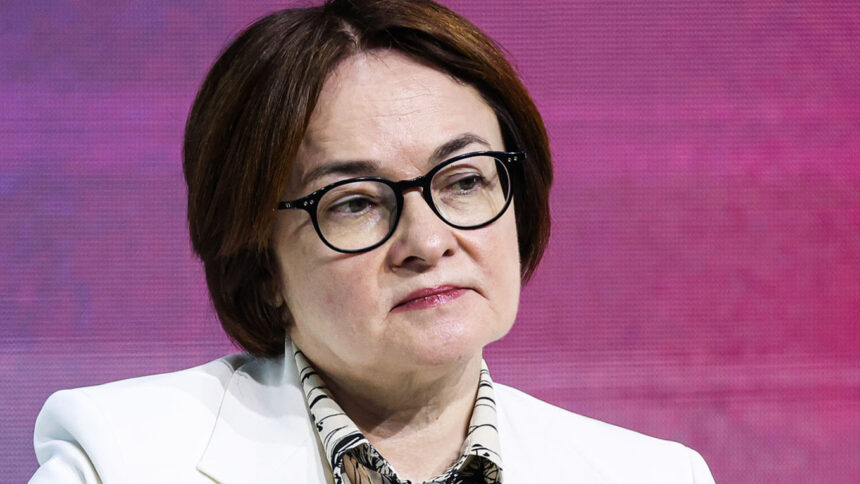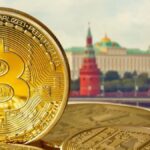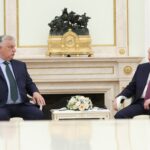The Russian Central Bank has proposed restricting cryptocurrency transactions to the wealthiest individuals, preventing most citizens from trading digital assets unless they meet stringent financial criteria.
Under the proposed framework, only individuals classified as “especially qualified investors” would be able to buy and sell cryptocurrency. This status would be granted to those with financial assets exceeding 100 million rubles ($1.2 million) or an annual income above 50 million rubles ($580,000).
The proposal also suggests allowing companies already classified as qualified investors under current legislation to participate in the experiment. These include professional financial market participants such as banks, insurance companies, brokers, trust managers, non-state pension funds and asset management companies for mutual investment funds.
The Central Bank argues that cryptocurrencies pose significant risks due to their volatility and lack of state backing.
Beyond these wealthy investors, the regulator has proposed a “ban on transactions between residents using cryptocurrency.”
“The Bank of Russia still does not recognize cryptocurrency as a means of payment,” the Central Bank said, adding that digital assets “are not issued or guaranteed by any jurisdiction, are based on mathematical algorithms and are highly volatile.”
The proposal is part of ongoing efforts to regulate digital assets in Russia, where authorities have long maintained a skeptical stance on cryptocurrency.
While private individuals are already prohibited from using crypto for payments, ownership is not banned, and the government has permitted limited use in international transactions under an experimental legal framework.
The issue of cryptocurrency use has gained importance following the imposition of Western financial sanctions in response to Russia’s invasion of Ukraine.
The Moscow Exchange has indicated its readiness to launch crypto-related trading instruments once a regulatory structure is in place.
Despite government resistance to widespread cryptocurrency adoption, Russia has gradually introduced measures to regulate digital assets.
In 2024, the country legalized cryptocurrency mining under specific conditions, while a new tax regime for digital assets took effect in 2025.












